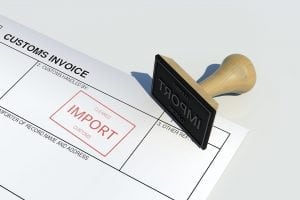 The U.S. will enact tariffs on $50 billion worth of Chinese products beginning July 6. Vowing retaliation, China released its own list of U.S. products to target in July.
The U.S. will enact tariffs on $50 billion worth of Chinese products beginning July 6. Vowing retaliation, China released its own list of U.S. products to target in July.

 The U.S. will enact tariffs on $50 billion worth of Chinese products beginning July 6. Vowing retaliation, China released its own list of U.S. products to target in July.
The U.S. will enact tariffs on $50 billion worth of Chinese products beginning July 6. Vowing retaliation, China released its own list of U.S. products to target in July.
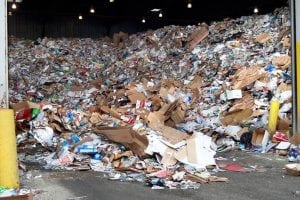 Chinese officials have responded to concerns from other nations about recent import restrictions. The Chinese comments directly address the “waste versus scrap” debate as well as global economic repercussions of National Sword.
Chinese officials have responded to concerns from other nations about recent import restrictions. The Chinese comments directly address the “waste versus scrap” debate as well as global economic repercussions of National Sword.
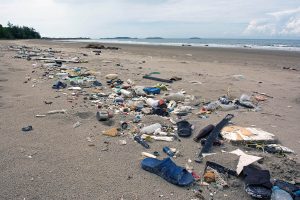 An industry-funded ocean plastics prevention initiative has received support from a number of new partners, including brand owners, a chemicals giant and an intergovernmental group.
An industry-funded ocean plastics prevention initiative has received support from a number of new partners, including brand owners, a chemicals giant and an intergovernmental group.
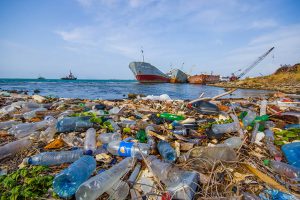 Major brands, nonprofit organizations and industry groups will raise $150 million to boost the collection and recycling of plastics that may otherwise become marine debris.
Major brands, nonprofit organizations and industry groups will raise $150 million to boost the collection and recycling of plastics that may otherwise become marine debris.
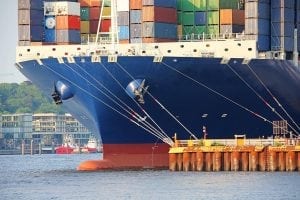
Many developments related to the Chinese recycling import market have taken place in recent weeks. The following is a look at key updates.
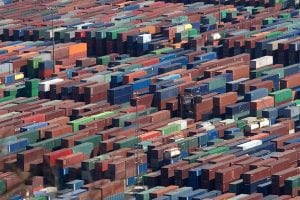
Many exporters of recovered plastics have increased the volume they send to Southeast Asia this year in an effort to fill the void left by China.
 Months after China ramped up restrictions on scrap plastic imports, countries such as Indonesia, Malaysia and Vietnam are initiating similar, if less extensive, policies as officials try to get a handle on massive increases in shipments and improper use of permits.
Months after China ramped up restrictions on scrap plastic imports, countries such as Indonesia, Malaysia and Vietnam are initiating similar, if less extensive, policies as officials try to get a handle on massive increases in shipments and improper use of permits.
 Soaring volumes of scrap plastic and paper shipped to Vietnam have caused growing concern among local officials, who have logged numerous instances of customs violations in recent months.
Soaring volumes of scrap plastic and paper shipped to Vietnam have caused growing concern among local officials, who have logged numerous instances of customs violations in recent months.
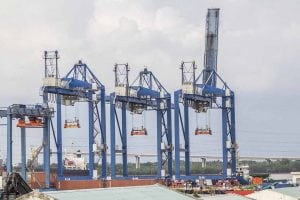
Major Vietnam shipping terminals will temporarily stop accepting imports of scrap plastic, citing an overload of the material that has caused backups and delays. The move is a significant development for the global recycled plastics industry, because Vietnam has accepted much more material since China cut off imports.
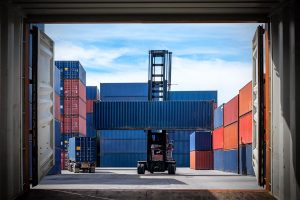 The Chinese government provides an option for pre-shipment inspections, and California lawmakers may add language about National Sword into state law. These are among the recent developments as China continues to revise its import regulations and the U.S. recycling industry reacts.
The Chinese government provides an option for pre-shipment inspections, and California lawmakers may add language about National Sword into state law. These are among the recent developments as China continues to revise its import regulations and the U.S. recycling industry reacts.
